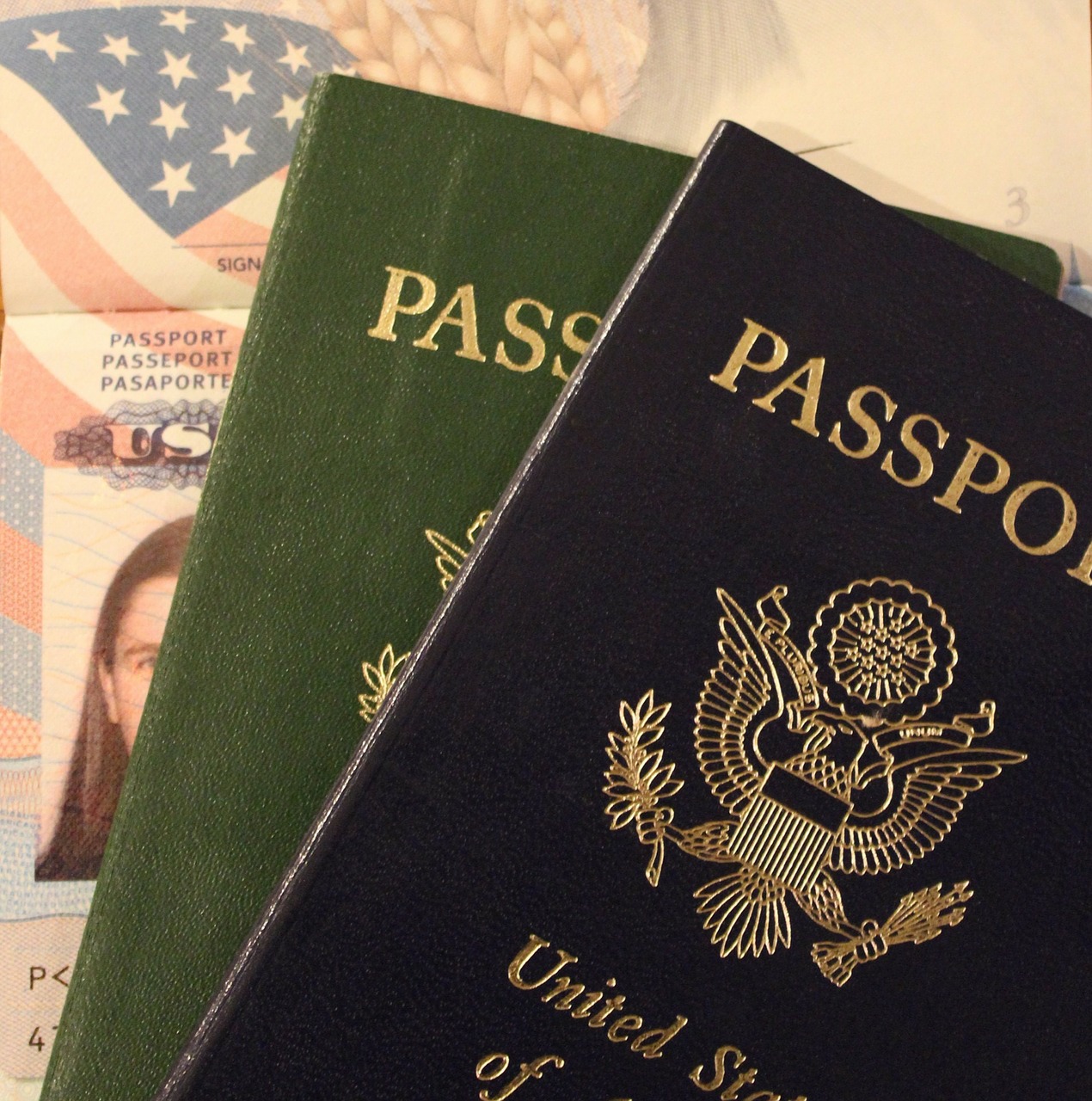Muslim groups have raised concerns about the government’s community cohesion report, arguing that it confuses race, religion and immigration and focuses too heavily on Muslim communities.
The study, commissioned by David Cameron as prime minister and carried out by Dame Louise Casey, recommends a new strategy to help bridge divides in the UK, including an “integration oath” to encourage immigrants to embrace British values, and greater focus on promoting the English language and securing “women’s emancipation in communities where they are being held back by regressive cultural practices”.
Critics said its focus on Muslim communities ignored other issues such as equality and racism, and was potentially damaging to community relations.
Bana Gora, chief executive of the Muslim Women’s Council, said: “I am not denying that there is a problem in Muslim communities, but I would not put it down to self-segregation. We have to look at the broader picture, at education qualifications, at economics, at social mobility, at barriers in the jobs market.
“There are many inter-related factors and to put it all down such basic sensational terms by saying that the Muslim community is self-segregating does so much harm and is is totally unnecessary.”
Harun Khan, secretary general of the Muslim Council of Britain, said “any initiative that facilitates better integration of all Britons” should be welcomed. But he said the Casey report was a missed opportunity. “We need to improve integration, and it needs to involve the active participation of all Britons, not just Muslims,” he said.
He welcomed the promotion of the English language and initiatives to tackle exclusion, inequality and segregation in schools. But he highlighted a “culture of fear” that he said was “a big driver in preventing a more united and cohesive society”.
“We must recognise that our public discourse and conversation has a part to play in furthering integration. Integration is fostered when the media reports on stories that speak of achievement of minorities, of people coming together and where national moments are shared by all,” Khan said.
He said the MCB in its submissions to the Casey report had pointed out that Muslims had to endure “a media echo chamber which amplifies the misconception that Muslims and their faith are incompatible with life in Britain”.
“We dispute these notions,” he said. “It assumes that Muslims are not equal, and not civilised enough to be part and parcel of British society. It leads to discrimination against Muslims, alienation amongst Muslims where the national conversation dictates that they are not part and parcel of society, and, at worst, violent attacks against Muslims.”
Shaista Gohir, chair of the Muslim Women’s Network, welcomed the report, but said segregation could not be blamed only on Muslim communities. “We need a nuanced debate that looks at these hard questions that Casey raises but that also looks at the racism and xenophobia these communities face,” she said.
Gohir said there were many other factors fuelling segregation. “Segregation is always a two-way issue and we have to look at what is happening in the Muslim community, but also what is happening in the white community too – why they don’t want to integrate, the issue of so-called ‘white flight’, where white people leave an area when Muslim families move in. This has to be a starting point for a wider and more thoughtful debate.”
The report mentions Muslims 249 times, while there are only 14 references to Polish communities.
The first Muslim to sit in cabinet, Sayeeda Warsi, a former communities minister, said the year-long study’s focus on Muslims – and particularly Muslim women – was unfair. Responding to report’s use of the phrase “the emancipation of Muslim women”, she tweeted: “Yes, those words are in the report. The empire strikes back!”
Warsi argued that many of the statistics in the report were out of date, and it failed to talk about the challenge of raising aspiration among poor white Roma communities. She said the focus on Muslim women was unjustified, pointing out that white women were most likely to be victims of domestic abuse. In conclusion, she said the report had “some good bits, a few bad bits and lots of confused bits”.
The report says the single most important thing the government can do for effective integration is to take action to get more people speaking English. Stephen Hale, chief executive of Refugee Action, welcomed that, saying refugees were “determined to learn English to enable them to contribute to their new communities through work, volunteering and socialising with their neighbours”.
But he said funding for English courses had been slashed by more than half since 2009. “[Refugees] are deeply frustrated by the lack of English language classes available,” Hale said. “Refugees, particularly women, face huge barriers to learning, from a lack of local provision to long waiting lists.”
He said the government must act quickly to address the issue. “An investment of just over £40m per year would make it possible for every refugee to learn English and give them the opportunity to contribute and rebuild their lives successfully.”
Ukip’s immigration spokesman, John Bickley, welcomed what he described as a “damning” report. “It pulls no punches and is an excoriating critique of the Labour, Conservatives and Liberal Democrat parties’ support of mass immigration, multiculturalism and political correctness,” he said.
Sources
https://www.theguardian.com/society/2016/dec/05/casey-report-criticised-for-focus-on-uk-muslim-communities






